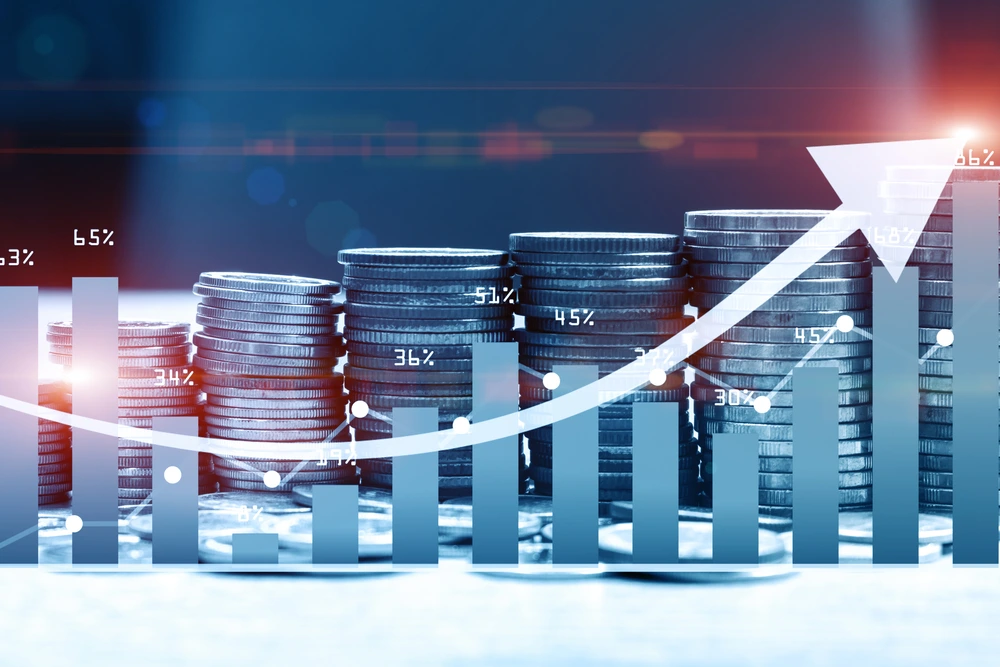
Economics Degree: What It Is, Career Paths, and Famous Economists
What is Economics?
Economics is the study of how societies allocate scarce resources to meet human needs and desires. It examines production, consumption, and distribution of goods and services, as well as decision-making at individual, business, and government levels. Economics is divided into two main branches:
- Microeconomics – Focuses on individual markets, consumer behavior, and business strategies.
- Macroeconomics – Examines national and global economies, including inflation, unemployment, and economic growth.
Economists use data analysis, mathematical models, and theories to understand financial trends, predict market behavior, and develop policies for economic stability and growth.
What Can You Do With an Economics Degree?
An economics degree opens doors to various career opportunities in finance, business, policy-making, and research. Some of the top career paths include:
1. Finance and Banking
- Investment Banking
- Financial Analyst
- Risk Management
- Actuarial Science
2. Government and Public Policy
- Economic Consultant
- Policy Advisor
- Statistician
- Central Banking (e.g., working with the Reserve Bank of India, Federal Reserve, or European Central Bank)
3. Business and Consulting
- Business Analyst
- Market Researcher
- Management Consultant
- Data Scientist
4. Academia and Research
- Economist
- Lecturer/Professor
- Researcher in Think Tanks
5. International Organisations and NGOs
- Economic Development Specialist
- Trade Analyst
- Development Economist (working with the UN, World Bank, or IMF)
An economics degree provides analytical and problem-solving skills that are valuable in multiple industries, making it a highly flexible qualification.
What Should I Study to Do an Economics Degree?
To pursue an economics degree, students typically need a strong foundation in:
- Mathematics – Topics like calculus, algebra, and statistics are essential.
- Economics – Some high school economics or business studies background is beneficial.
- Social Sciences – Subjects like political science, history, and sociology help in understanding economic principles.
For undergraduate studies, most universities require:
- Strong grades in mathematics and economics (if available).
- Some may require standardized tests like SAT/ACT (for US universities) or A-levels/IB scores (for UK universities).
For postgraduate degrees (Master’s or PhD in Economics), students often need:
- A background in economics, mathematics, or a related field.
- GRE/GMAT scores (for some international universities).
What Do Economics Graduates Go On to Do?
Economics graduates are in high demand in both the public and private sectors. According to employment reports:
- Many work in finance, consulting, and government roles.
- Some pursue postgraduate studies in economics, finance, business administration (MBA), or law.
- A growing number of graduates enter data science and analytics roles due to their strong quantitative skills.
The ability to analyze trends, forecast economic conditions, and make data-driven decisions makes economics graduates valuable in a variety of fields.
Famous People Who Studied Economics
Several influential figures across politics, business, and entertainment have studied economics, proving its versatility:
Political Leaders
- Dr. Manmohan Singh – Former Prime Minister of India and economist.
- Barack Obama – Studied political science with a specialization in economics at Columbia University.
- Angela Merkel – Former German Chancellor, studied physics but worked on economic reforms.
Business Leaders
- Elon Musk – Studied economics and physics at the University of Pennsylvania.
- Warren Buffett – One of the world's most successful investors, studied economics at Columbia Business School.
- Raghuram Rajan – Former Governor of the Reserve Bank of India, studied economics at MIT.
Entertainment and Media
- Cate Blanchett – The Oscar-winning actress studied economics before pursuing acting.
- Kumail Nanjiani – Actor and comedian, studied economics and philosophy.
- Paul Krugman – Nobel Prize-winning economist, known for his work on international trade.
Conclusion
An economics degree is a versatile qualification that can lead to exciting careers in finance, policy-making, business, and research. Whether you’re interested in solving global economic problems, working in banking, or even leading a country, economics provides the analytical and strategic thinking skills needed to excel.
Thinking of pursuing an economics degree? It could be the first step towards a career that influences industries, governments, and global markets!